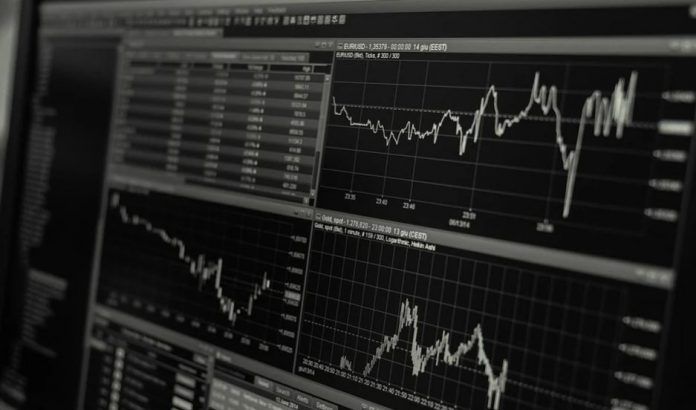The Forex is the market where the simultaneous buying of one currency and the selling of another happens since transactions happen in pairs of currencies.
An intangible market, the Forex operates 24 hours a day, and progresses from Sydney to Tokyo, London, and New York, as the business day starts in those financial capitals.
Transactions however happen every second, and the Forex is estimated to have an average daily turnover of 9.1 trillion USD.
Forex transactions are done by traders. Specialized Forex brokers work for banks and other financial institutions, and some also work for businesses with holdings in other countries and thus need to exchange currency on a constant basis.
This accounts for about 5% of the turnover, with the remaining 95% of transactions concerned with speculations and the drive towards profit.
Most transactions on the Forex happen for speculation purposes, and traders rely heavily on up-to-date data like rates, charts, and analyses, to predict trends in the market, and to know when to enter a transaction, and when to exit, so as to maximize their profits.
Based on this assumption, it is needless to say that accuracy in the data is of vital importance where Forex transactions are concerned.
Forex data is the driving force behind the market. The event of the Internet has helped to revolutionize the field since it has allowed people from all over the globe to connect in real-time and exchange information.
Since 1997, when the Forex was opened to the general public for trading, this information revolution has further set its ground in the field. Firms that offer Forex trading have set up websites and offered to any registered customer to help take him through the maze of Forex trading to start his own trading account.
Hence, these sites provide up-to-the-minute accurate data to their customers to help them understand and trade the Forex market. This data comprises charts, analyses, indicators, rates, and trend settings. Anyone who registers with the company, even for a free demo account, can thus have access to this current Forex data.
Forex data is mostly available to registered Forex traders who need the information for their transactions.
Thus, most companies that provide Forex trading accounts carry all the relevant data and share it with their users.
Forex trading forums are another good source of Forex data. Requiring a simple registration to gain a log-in name and password for access, these forums allow professionals and non-professionals of the Forex world to meet in the same space and exchange information, tips, strategies, and the latest Forex data.
Rather informal in nature, Forex trading forums do provide a wealth of knowledge and information to the one who knows what he is looking for and how to dig for it.
Forex data is also available at specialized sites like Forex.com, which provides the latest happenings, changes, fluctuations, and rises of the market.
Financial websites also provide the latest rates and charts for Forex, though they often do not give as much detail as the specialized Forex websites.
Another source of Forex data would be the business sections of newspapers, journals, and television bulletins.
This information might however be outdated by the time it reaches its audience, given the ever-changing, dynamic nature of the Forex market.

